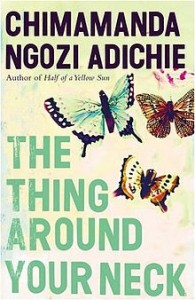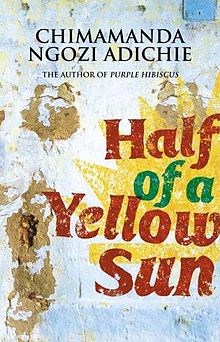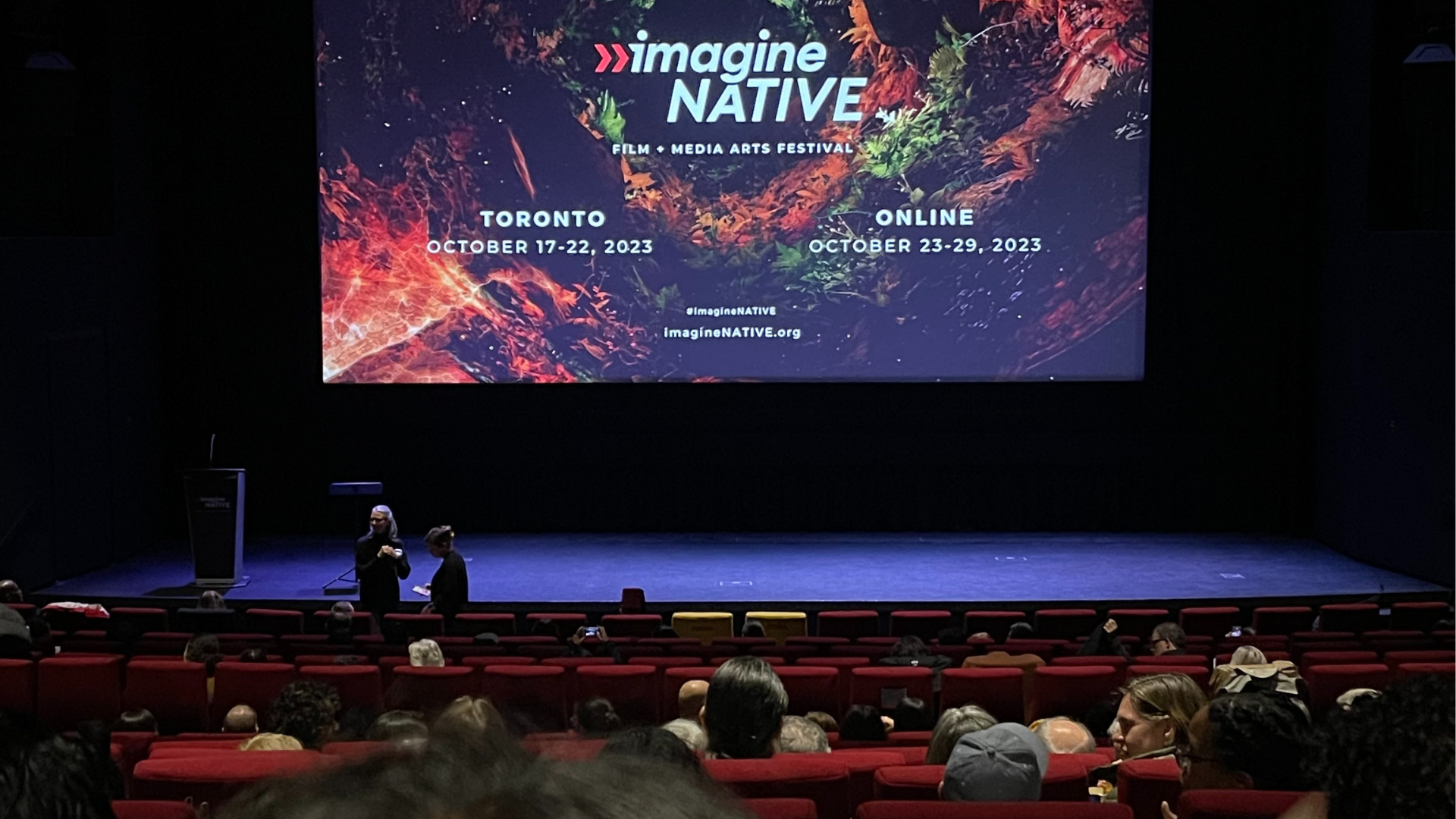Chimamanda Ngozi Adichie – The Danger Of A Single Story
Stories matter. Many stories matter. Stories have been used to dispossess and to malign, but stories can also be used to empower and to humanize. Stories can break the dignity of a people, but stories can also repair that broken dignity.
– Chimamanda Ngozi Adichie
To outsiders, Indigenous peoples are defined by the single stories of their colonisers.
A single story is to show a people as one thing, as only one thing, over and over again until that is what they become. The single story is the subject of this 2009 Ted Talk with Chimamanda Ngozi Adichie.
It is impossible to talk about the single story without talking about power. There is a word, an Igbo word,that I think about whenever I think about the power structures of the world, and it is “nkali.” It’s a noun that loosely translates to “to be greater than another.” Like our economic and political worlds, stories too are defined by the principle of nkali: How they are told, who tells them, when they’re told, how many stories are told, are really dependent on power.
Power is the ability not just to tell the story of another person, but to make it the definitive story of that person. The Palestinian poet Mourid Barghouti writes that if you want to dispossess a people, the simplest way to do it is to tell their story and to start with, “secondly.” Start the story with the arrows of the Native Americans, and not with the arrival of the British, and you have an entirely different story. Start the story with the failure of the African state, and not with the colonial creation of the African state, and you have an entirely different story.
The single story has the power to define and malign Indigenous peoples. This is why the existence of alternative narratives, narratives which are derived from Indigenous peoples on their own terms are crucial.
Works by Chimamanda Ngozi Adichie:







